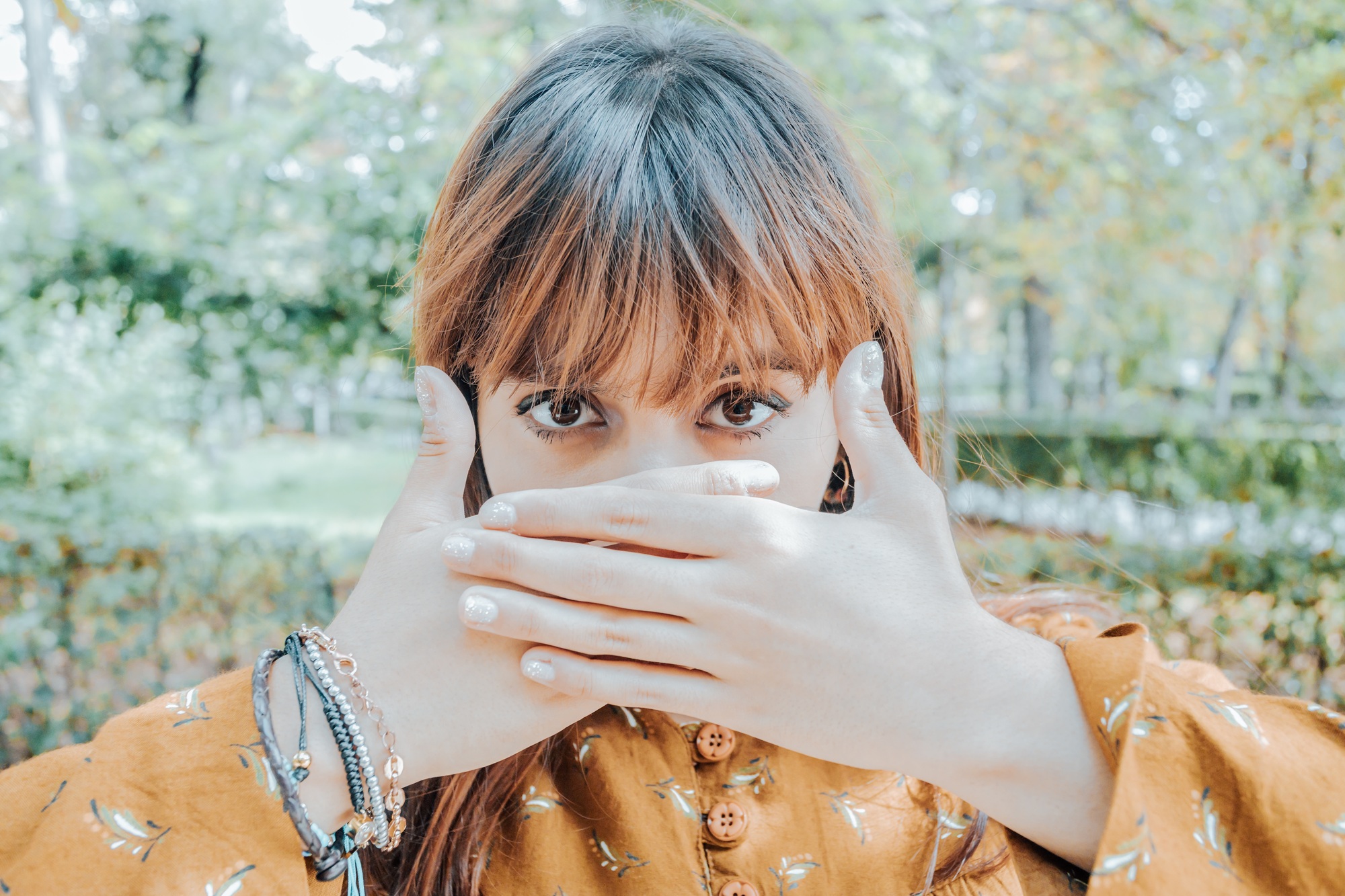OpenAI’s latest creation, Sora, is an AI tool that can turn text into incredibly realistic videos. It sounds like something out of a sci-fi movie, but not everyone is thrilled. Recently, Sora has caused a big stir, especially among artists, due to a leaked API (a way to access the tool) and concerns about how it might impact creativity. Here’s what’s going on in simple terms.

What Is Sora and Why Is It a Big Deal?
Sora is a new AI-powered tool that can create lifelike videos from just a written description. Imagine typing, “A dog running through a field at sunset,” and getting a professional-looking video in seconds.
This sounds amazing, right? But when the tool’s API was leaked online, people started worrying about how it might be misused. Think deepfake videos (fake videos that look real), stolen creative content, and even copyright issues. Artists are especially upset because they believe their work might have been used to train Sora without their permission.
Why Are Artists Protesting?
Artists argue that tools like Sora are built using massive amounts of data collected from the internet. This often includes their artwork or videos—sometimes without their consent.
Here’s why they’re upset:
- No Permission Given: Creators say they never agreed for their work to be used to train AI.
- No Payment or Credit: The artists whose work might have been used haven’t been paid or credited.
- Risk to Jobs: With tools like Sora, companies might rely on AI instead of hiring real people for creative projects.
Artists are now organizing protests, signing petitions, and demanding stricter rules to protect their work.
What’s the Big Ethical Issue?
This isn’t just about one AI tool—it’s part of a bigger conversation about what’s okay when it comes to AI.
- Deepfake Dangers: Tools like Sora make it easier to create videos that look real but aren’t. This could be used to spread fake news or harm someone’s reputation.
- Copyright Problems: Without clear rules, AI tools can use existing work without permission, which isn’t fair to creators.
- Fewer Creative Jobs: If companies rely more on AI, fewer job opportunities might exist for creative professionals like video editors and animators.
How Is OpenAI Responding?
OpenAI says they’re working on ways to make Sora safer and more ethical. They’ve promised to:
- Improve security to prevent leaks like this from happening again.
- Be more transparent about how the tool was trained and what data was used.
- Work with artists, lawmakers, and other experts to come up with fair guidelines for AI use.
OpenAI says their goal is to help creators, not replace them, but the protests show that many people aren’t convinced yet.

FAQs: Breaking It Down
1. What’s so special about Sora?
Sora can make detailed, realistic videos from just a short description, which could save tons of time and effort in creating content.
2. Why are people worried about it?
The leaked API means anyone could use Sora, even for harmful things like making fake videos. Plus, artists believe their work was used without permission, and they fear this could hurt their careers.
3. What’s being done to fix this?
OpenAI has promised to improve security, be more transparent, and work with artists to create fair policies for using AI tools like Sora.
This debate shows that while AI tools like Sora can do amazing things, they also raise important questions about fairness and responsibility. As AI keeps evolving, figuring out how to balance innovation with protecting people’s rights will be key.
Sources Fortune


